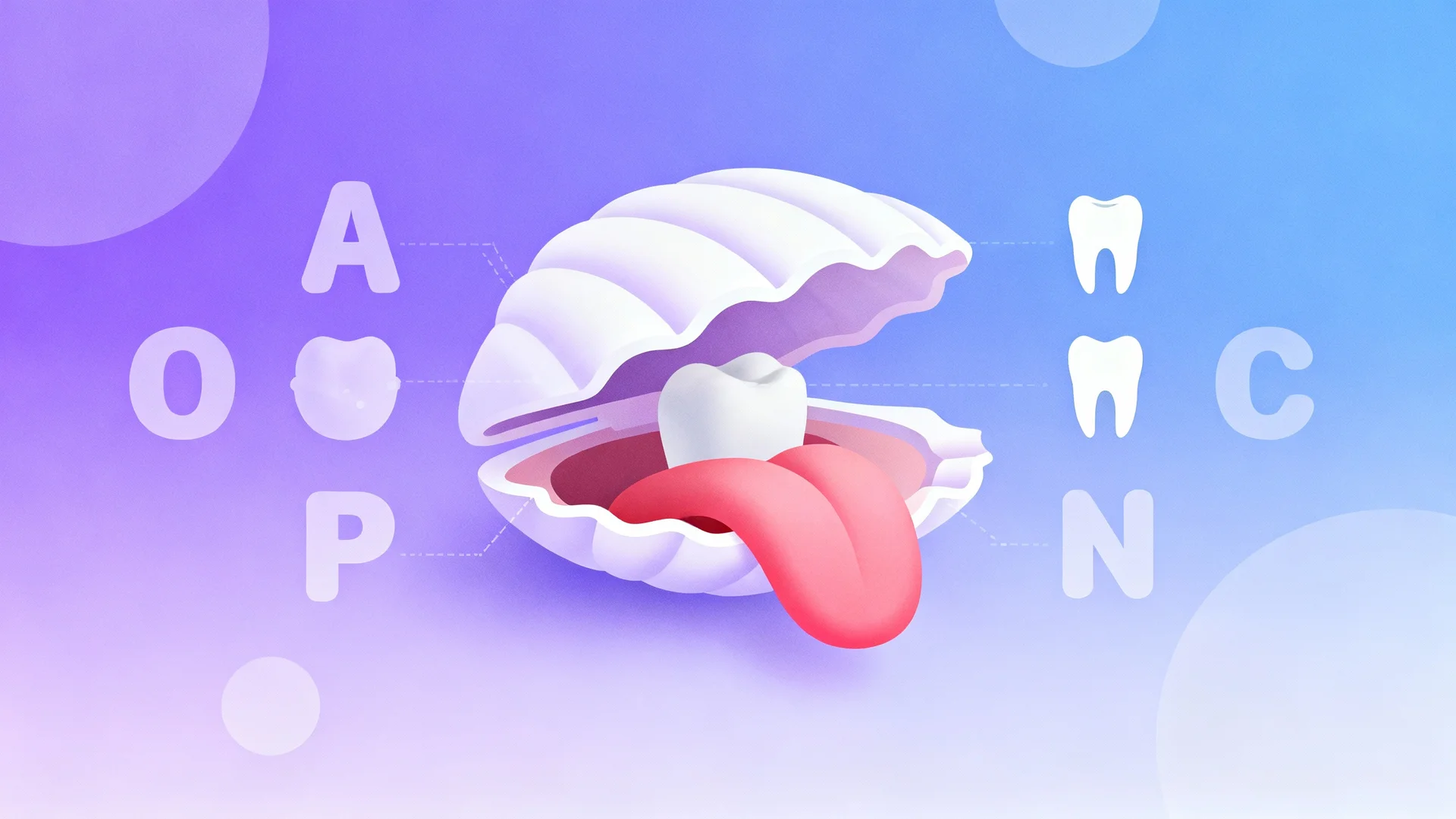
Loading...
Checking authentication...
Practice your pronunciation with interactive games and challenges.
Start PlayingThe origin of operculum invites us to travel back in time. Derived from the Latin word operculum, meaning “a lid” or “covering,” the term was originally used in ancient texts to denote something that shielded, enclosed, or protected. The Latin roots resonate in various modern languages, often carrying the idea of enclosure or a protective barrier. Over centuries, the word’s usage transcended its original anatomical and architectural contexts, enticing linguists and historians alike to study its evolution.
As a linguistic detective, one can observe that the word operculum is linked to several cognates and related terms in the Romance languages. For example, consider the Italian word opercolo and the French opercule. While these words might look and sound similar, subtle differences highlight regional evolutions in meaning and usage. This fascinating interplay among languages serves as a reminder of how words adapt and transform across cultures and time periods.
"Words are living entities; they change, evolve, and grow just like the societies they serve." - A renowned linguistics professor.
Interestingly, operculum is not confined solely to the realm of language studies. In biology, for instance, the term describes the bony flap covering the gills of fish. In architecture, operculum might refer to a decorative element reminiscent of a covering or lid. This interdisciplinary nature highlights the remarkable way in which a single term can bridge diverse fields, sparking intellectual exchanges and cross-disciplinary studies.
For language enthusiasts and English learners, exploring these multiple meanings can enrich vocabulary and deepen cultural awareness. By understanding operculum’s varied usage, one appreciates how context molds meaning and how a single word can wear many hats.
One widespread misconception is that operculum applies exclusively to anatomy or historical texts. In reality, as research continues to reveal, the word appears in numerous modern contexts-even in everyday language when describing things that act as covers or enclosures. Here are a few usage tips to help anchor the word in your vocabulary:
Did you know? In maritime biology, the operculum plays a crucial role-acting much like a door that secures a vital opening-emphasizing nature's ingenious design. This functional aspect further enriches the word's narrative, making it more than just an academic curiosity.
Pronunciation is an essential component of language mastery. With words like operculum, getting the pronunciation right can often feel like unearthing a hidden treasure. For those learning English or expanding their linguistic repertoire, understanding how to articulate operculum correctly is as vital as knowing its historical journey. To support learners, we invite you to explore our comprehensive pronunciation guide that breaks down the word into syllables and offers audio examples.
Additionally, a step-by-step video guide provides visual cues and real-time demonstrations, ensuring that you gain both auditory and visual learning benefits. Incorporating these tools into your practice sessions can dramatically boost both confidence and fluency.
While operculum's roots lie deep in history, its modern relevance is undeniable. Today, the word's versatile nature is evident across various fields. In a world that increasingly values interdisciplinary studies, understanding terms like operculum opens doors to conversations in science, history, and art alike. The modern learner benefits from this cross-pollination of knowledge, where the boundaries between disciplines blur, creating a richer, more integrated understanding of the world.
For language enthusiasts, operculum serves as a compelling case study in etymological evolution. Here are some practical scenarios to keep in mind:
By integrating these applications into your learning process, you not only enhance your vocabulary but also develop a nuanced perspective on how language influences perceptions of the world.
The journey of operculum-from its Latin origins to its contemporary resonance-reminds us that language is both a repository of history and a guide to the future. As we continue to explore and reimagine words, we unlock countless opportunities for innovation and learning. Whether you are an avid linguist, a student of culture, or an explorer of scientific ideas, the story of operculum encourages you to look deeper into the marvels of language.
So, next time you come across a word that piques your curiosity, remember that every term carries its own story worth exploring. Embrace the challenge, expand your vocabulary, and join the vibrant conversation that links the past with the present. Your linguistic journey is just beginning-and with every word, you’ll find a world of history, art, and science waiting to be discovered.
Your call to action: Dive deeper into the fascinating world of words by exploring more etymological treasures and sharing your newfound insights with fellow learners. What other terms have you uncovered that bridge multiple disciplines?